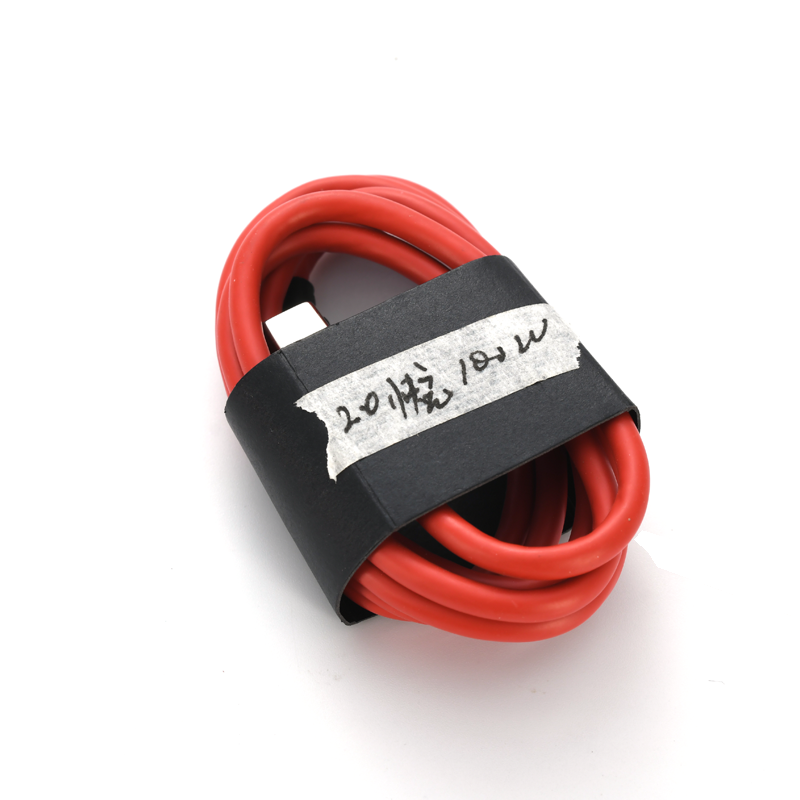The
USB-C Cable is an essential connectivity component for modern electronic devices, having become the mainstream connection standard due to its unique reversible plug design and powerful multi-functional integration capabilities. Featuring a symmetrical 24-pin interface design, this cable not only supports high-speed data transfer and
Fast Charging but can also simultaneously transmit video and audio signals, truly achieving an "all-in-one" integrated functionality. USB-C cables support the latest USB4 and Thunderbolt 4 technical specifications, delivering up to 40Gbps data transfer speeds, 240W power delivery capacity, and 8K resolution video output. Their performance range covers everything from basic charging functions to professional-grade data transmission needs. This versatility makes them ideal for connecting laptops, smartphones, tablets, and various peripheral devices.
Depending on functional characteristics and performance levels, USB-C cables can be categorized into several types. Basic USB-C cables primarily support the
USB 2.0 standard, providing 480Mbps data transfer and basic charging functionality; enhanced cables support the USB 3.2 Gen 2 standard, enabling 10Gbps high-speed data transfer and 100W power output; while top-tier cables comply with USB4 or Thunderbolt 4 standards, offering ultimate 40Gbps transmission speeds and full video output capabilities. In terms of manufacturing technology, high-quality USB-C cables employ gold-plated connectors, multi-layer shielding structures, and thickened wire cores to ensure signal transmission stability and durability. These cables also require certification from the USB-IF association to guarantee compliance with standard specifications and reliable compatibility. With continuous technological advancements, USB-C cables are constantly evolving to provide more complete solutions for growing transmission demands.





